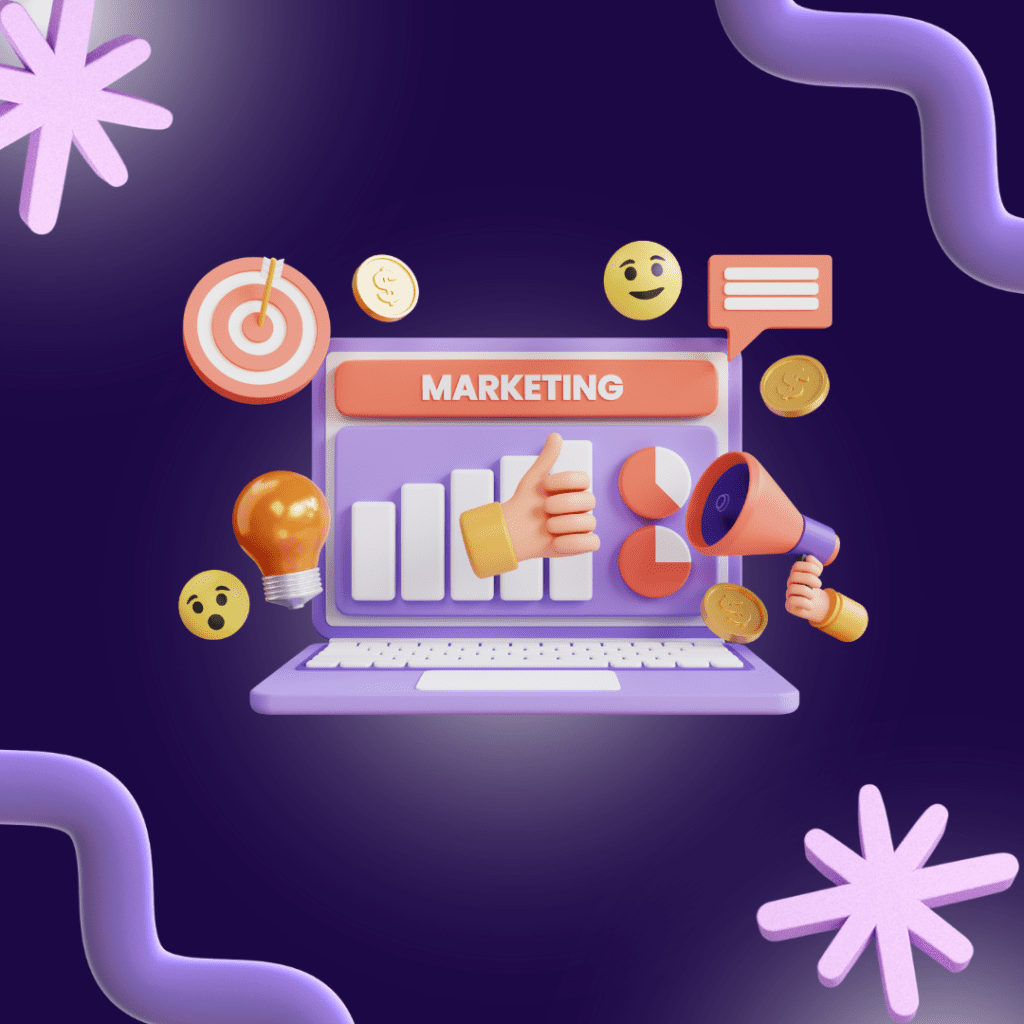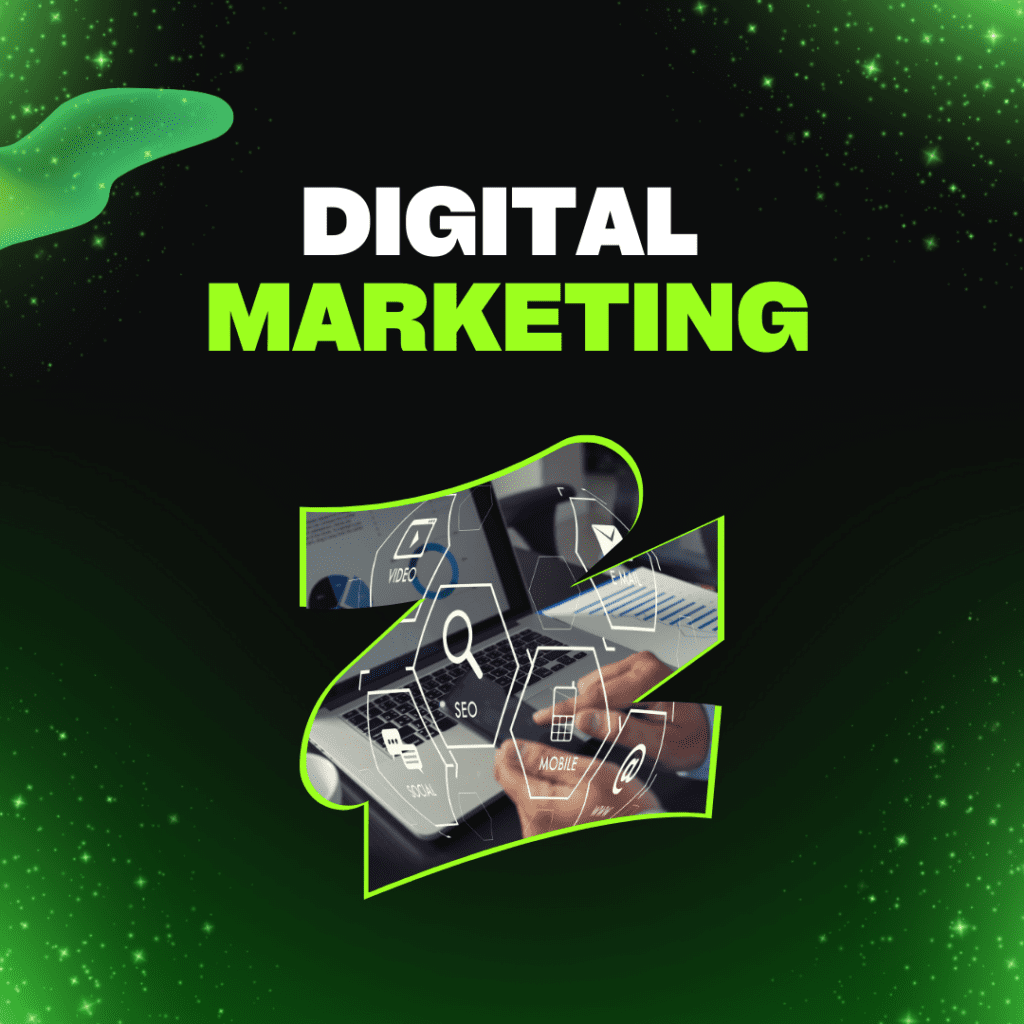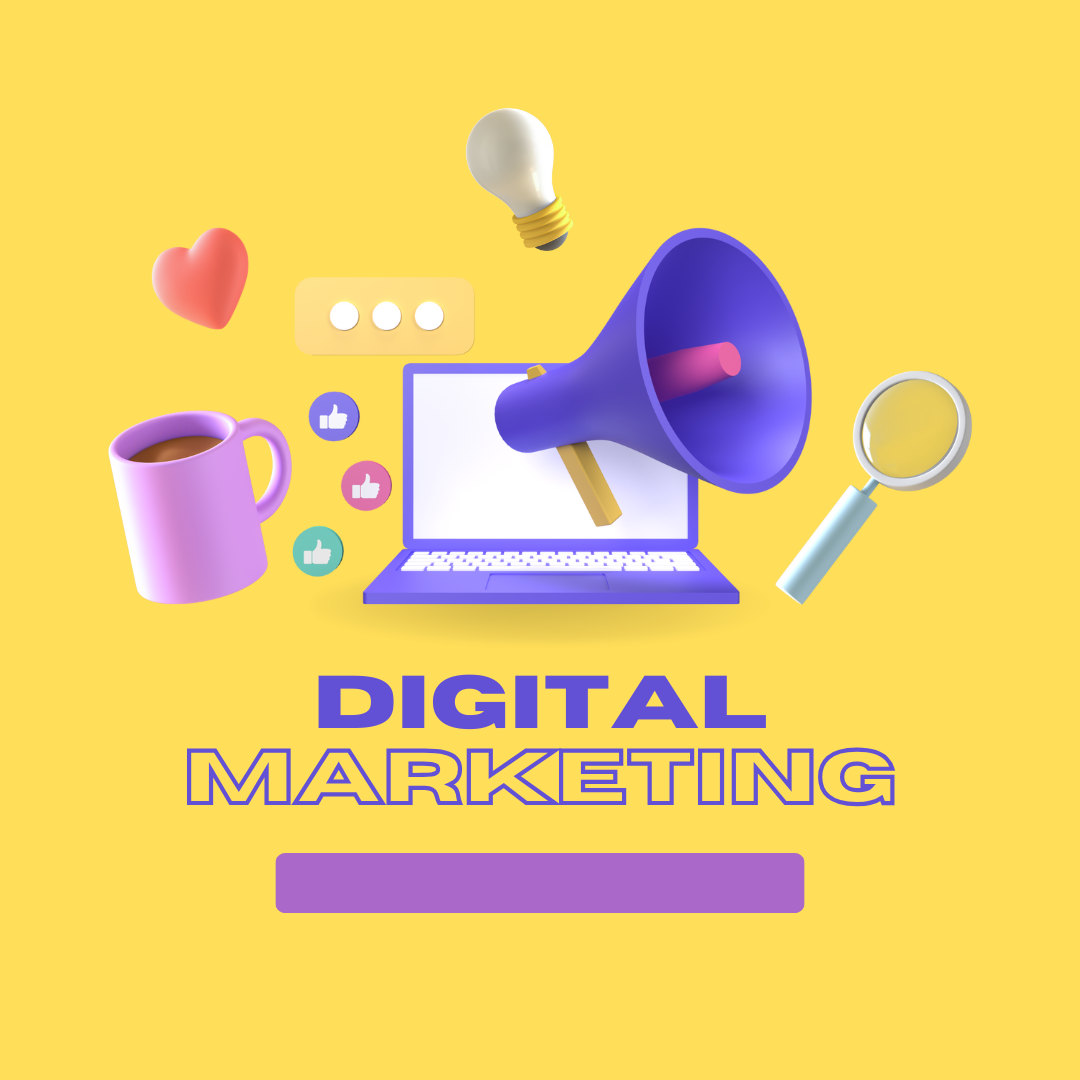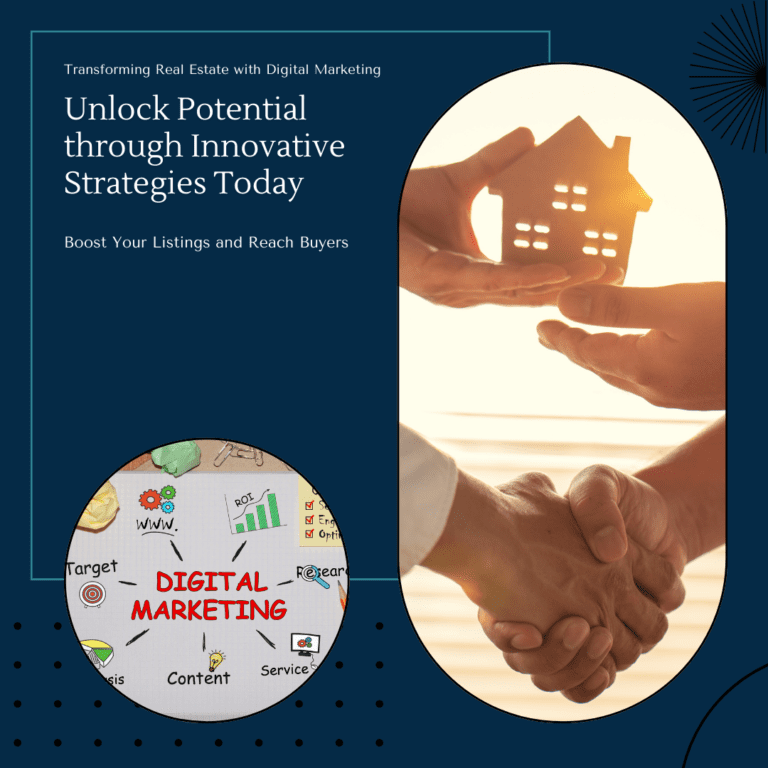How Digital Marketing is Different from Traditional Marketing: Advantages of Digital Marketing
The marketing landscape has evolved dramatically over the years, shifting from traditional methods to digital techniques that offer businesses new ways to reach audiences. This transformation has made the advantages of digital marketing more pronounced, helping brands connect with their target market in ways that traditional marketing cannot. For businesses looking to thrive, understanding these benefits is essential.
Expanded Reach and Precision Targeting
One of the most significant advantages of digital marketing is its ability to reach a highly targeted audience. Traditional marketing, through avenues like TV, radio, and print, often aims at a broad audience without precise targeting. Digital marketing, however, allows businesses to segment and target audiences based on demographics, behaviors, and interests, ensuring they reach the right people.
Platforms such as Google Ads and social media provide options to narrow down audience selection, enhancing engagement and improving the likelihood of conversion. This targeted approach is among the core advantages of digital marketing, ensuring a more efficient use of resources.

Cost-Efficiency and Better ROI
Traditional marketing can be costly, especially with high production costs for TV ads or billboards. Conversely, one of the advantages of digital marketing is that it offers cost-effective solutions for businesses of all sizes. Social media ads, email marketing, and pay-per-click campaigns can deliver impactful results with a fraction of the budget required for traditional methods.
Digital marketing also provides the unique benefit of measuring return on investment (ROI) with precision. Analytics tools track various metrics, from clicks and impressions to conversions, allowing businesses to see what is working. This ability to measure and optimize spending in real-time is one of the top advantages of digital marketing and helps companies make the most of their budgets.

Real-Time Engagement and Communication
Traditional marketing methods, such as TV commercials or print ads, are typically one-sided, with limited opportunities for audience interaction. In contrast, digital marketing offers real-time engagement options, which is another one of the advantages of digital marketing that helps brands build stronger connections with their audiences.
Through channels like social media and live chats, brands can interact directly with customers, answer questions, and address concerns. This two-way communication helps establish trust and loyalty, turning casual visitors into loyal customers. The advantages of digital marketing in building customer relationships are unparalleled, as they foster immediate, meaningful interactions.

Flexibility and Real-Time Adjustments
Traditional campaigns are often static and difficult to alter after launch, requiring significant time and resources for any changes. Flexibility is one of the advantages of digital marketing that allows businesses to make quick adjustments. If an ad on social media isn’t performing well, marketers can adjust the visuals, copy, or targeting settings in real time.
This adaptability is crucial in a fast-paced world where trends shift rapidly. With the advantages of digital marketing, brands can remain responsive to changes in the market, customer feedback, or even competitor actions, ensuring they are always aligned with current demands.
Data and Analytics for Informed Decisions
Data access is one of the strongest advantages of digital marketing. While traditional marketing offers limited insights into campaign effectiveness, digital marketing provides a wealth of data that brands can use to understand their customers better. From Google Analytics to social media insights, businesses have access to metrics that reveal customer behavior, engagement, and preferences.
This data-driven approach is a powerful tool that helps brands make strategic decisions. For instance, tracking metrics such as click-through rates, page views, and customer demographics allows marketers to refine their strategies. The advantages of digital marketing in providing these insights make it invaluable for companies aiming to optimize their marketing efforts.
Personalization and Enhanced Customer Experience
Consumers today appreciate personalized experiences, and traditional marketing often struggles to offer this level of customization. Another of the key advantages of digital marketing is its ability to create personalized content based on user behavior, preferences, and purchase history. Digital marketing allows brands to send personalized emails, tailor recommendations, and even customize ad content for individual users.
Personalization leads to a better customer experience, which in turn increases engagement and conversion rates. When brands can make their customers feel valued, it sets them apart from competitors. The advantages of digital marketing in enhancing customer experience play a vital role in building loyalty and long-term success.
Global Reach with Local Precision
Traditional marketing is typically limited by geographical constraints. With digital marketing, brands can achieve both global reach and local impact, targeting international audiences or focusing on specific locations. This geographic flexibility is one of the advantages of digital marketing that makes it suitable for companies of all sizes, whether they are local businesses or large corporations.
With digital marketing, a brand can reach audiences across borders or focus on a specific region, depending on its goals. The ability to customize geographic reach is one of the significant advantages of digital marketing, allowing brands to grow and scale more effectively.
Fast Results and Agility
Traditional marketing campaigns often take time to show results due to lengthy production and execution processes. In contrast, digital marketing delivers quick results and real-time insights, which is another of the advantages of digital marketing that make it ideal for time-sensitive campaigns.
For example, if a social media ad requires modifications based on audience response, these adjustments can be made almost immediately. This speed and agility provide brands with a distinct advantage, as they can optimize their efforts without losing momentum. The advantages of digital marketing in agility allow businesses to remain responsive and improve their chances of success.
Conclusion
While traditional marketing has its place in broader brand awareness, the advantages of digital marketing make it a crucial component of modern business strategy. With benefits such as precise targeting, cost-efficiency, and data-driven insights, digital marketing enables brands to reach their audience more effectively than ever before.
The flexibility, personalization, and ability to measure ROI are among the most valuable advantages of digital marketing, allowing businesses to maximize their impact. For companies aiming to grow and foster meaningful relationships with customers, digital marketing is not just an option but a necessity in today’s competitive landscape.
Embracing the advantages of digital marketing can provide businesses with the tools they need to expand, engage, and succeed in a dynamic market. Whether targeting a local community or a global audience, digital marketing offers a wealth of opportunities that traditional methods cannot match.


